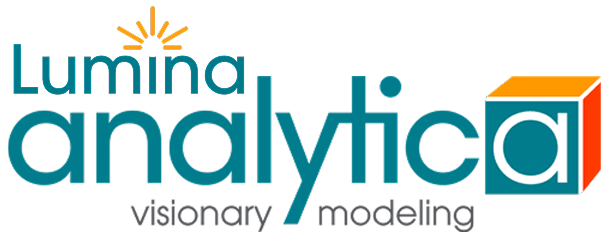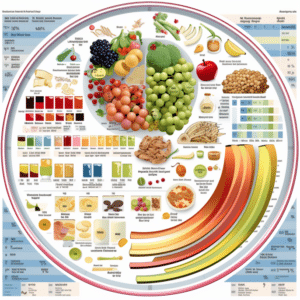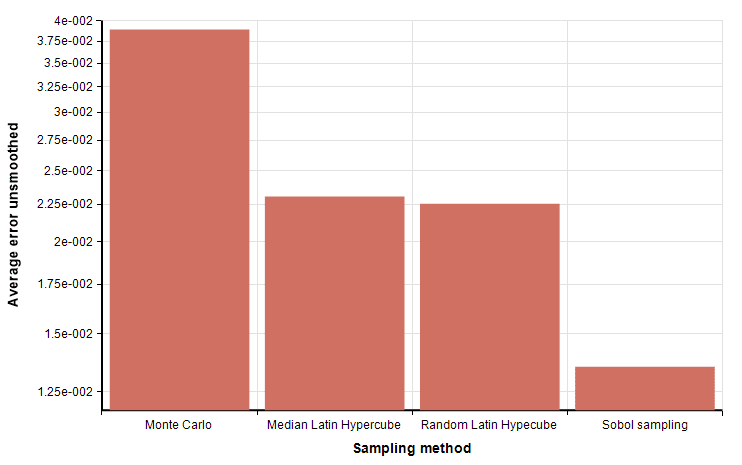 Join Lonnie Chrisman every Thursday at 8 a.m. PT to learn about his latest discoveries on what is happening in the artificial intelligence (AI) world.
Join Lonnie Chrisman every Thursday at 8 a.m. PT to learn about his latest discoveries on what is happening in the artificial intelligence (AI) world.
Immerse yourself in the world of artificial intelligence (AI) with Lonnie Chrisman our esteemed Chief Technology Officer (CTO) at Lumina. Join us as Lonnie shares his insights, updates, and most recent learnings on what he is seeing change in the vast landscape of the AI world every Thursday at 8 a.m. PT.
Meet Lonnie
A seasoned expert, Lonnie heads the engineering and development of Analytica, our flagship product. His impressive portfolio includes numerous refereed publications in the domains of machine learning, artificial intelligence planning, robotics, probabilistic inference, Bayesian networks, and computational biology. He holds the distinction of being the first person to publish a paper in the AI literature using Partially Observable Markov Decision Processes (POMDPs). Since then there have been over 200,000 AI papers on POMDPs.
Lonnie’s passion for technology dates back to 1977 when, as an eighth-grader, he landed his first paid programming job and built his own personal computer. His exceptional talent was recognized in 1987 when he received the Alton B. Zerby award as the “Most outstanding Electrical Engineering Student in the USA”. In the late 1990s, he joined a start-up company that was one of the earliest (before Google) internet search companies, Ask Jeeves, which became the third most recognized brand on the internet, and an early attempt at a ChatGPT interface (apparently 20 years before the technology was ready for it). Lonnie holds a PhD in artificial intelligence and computer science from Carnegie Mellon University and a BS in electrical engineering from the University of California, Berkeley.
Lonnie researched causal discovery in microbiology at the Institute for the Study of Learning and Expertise (ISLE) at Stanford University, and co-taught a graduate course there. Then in 2003, he re-joined Lumina Decision Systems as CTO and focused on the problem of how software could help decision makers make decisions in situations with little or no historical precedent, an area where machine learning techniques fall short since extrapolation from previous data is insufficient in such cases.
This work is embodied in Analytica, a visual modeling environment, which has been used by over 45,000 people in over 1,800 different organizations. The contributions of Analytica to the decision analysis community was cited as one of the primary accomplishments and reasons for awarding the 2018 Frank Ramsey medal to Lonnie’s closest colleague and CEO, Dr. Max Henrion, considered the highest honor (the “Nobel prize”) in the decision sciences.
Join the fun
Currently, Lonnie is spearheading extensive research to identify emerging technologies that Lumina should embrace. His focus is on leveraging AI to drive our company’s growth and ensure our continued relevance in the decision analysis community. He meticulously evaluates the various options in the market, assessing each one’s capabilities and potential. While these insights have been invaluable to our internal team, we believe they can benefit you too!
We invite you to join us on this exciting journey. Stay updated with Lonnie’s insights, discoveries, and intriguing tidbits of information. Follow us on LinkedIn, Twitter, and Facebook for these weekly updates, and subscribe to our newsletter for more in-depth information.
Additional resources
We also encourage you to dive into Lonnie’s recent case study, “Could humans lose control over advanced artificial intelligence (AI)?“, where he explores the risks associated with AI.







